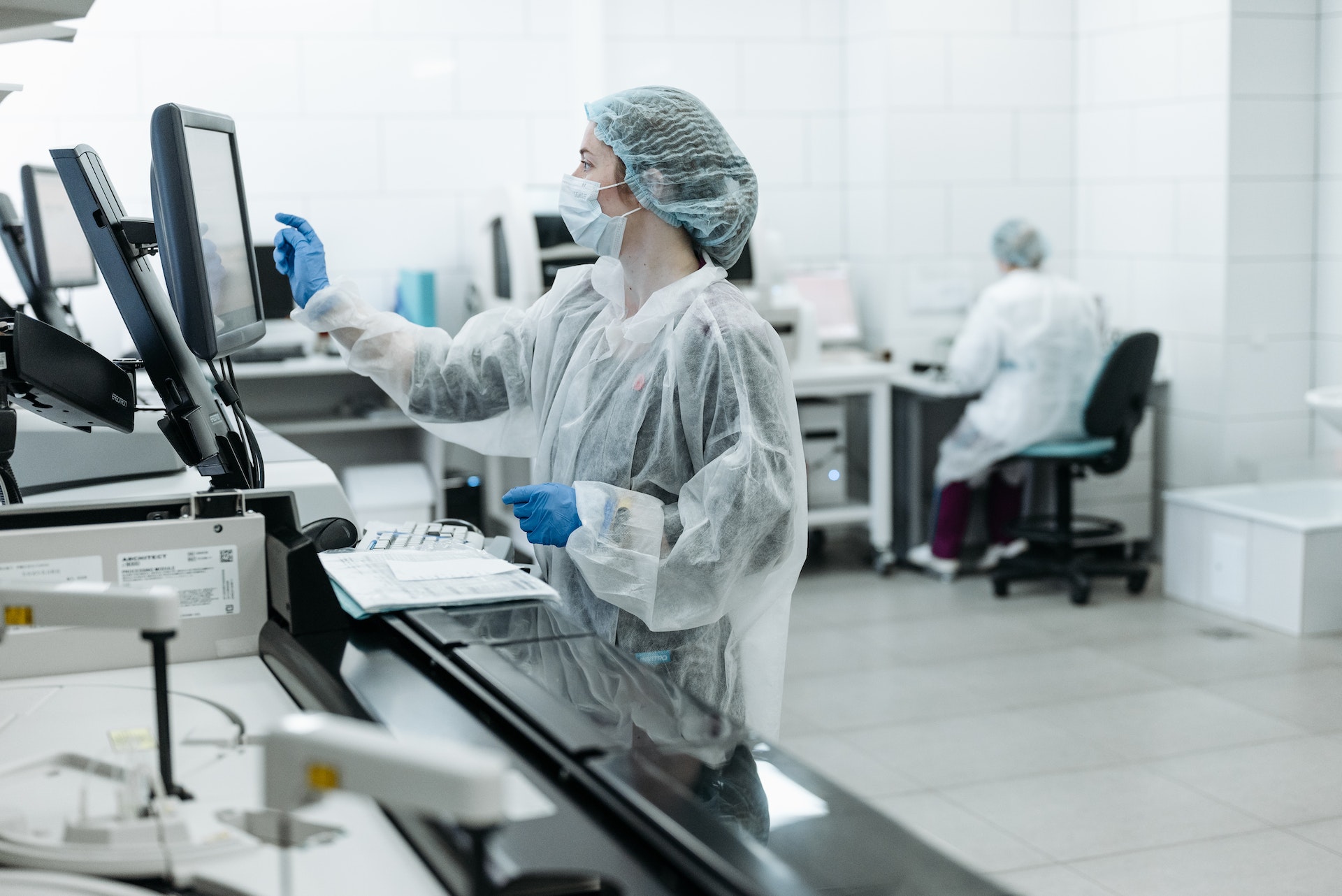In biomanufacturing, GMP Manufacturing Technicians monitor and check product quality. They also draft pivotal documentation and troubleshoot biomanufacturing equipment. Upon completion of a project, they may pack and label the finished product. As with any job, the job description may include a combination of the above duties.
GMP Manufacturing Technicians monitor and check product quality
As a critical component of the pharmaceutical production process, GMP Manufacturing Technicians ensure the quality and consistency of drugs and medical devices. They perform periodic self-inspections to monitor the quality of their operations. Senior management must review these reports and implement corrective actions.
Qualified individuals should be appointed as GMP Manufacturing Technicians and trained by their employers. The role of GMP Manufacturing Technicians is not limited to the production of drugs.
A qualified GMP Manufacturing Technician is required to follow a written system to ensure product quality is met. They must provide all the processes and procedures in the manufacturing process are carried out according to the specifications in the GMP document.
The quality control program must also include the methods for sampling, documentation, and release of finished products. Regulatory requirements for GMP Manufacturing Technicians vary from country to country. For example, the US FDA requires the manufacturing industry to implement a self-inspection program. This program is designed to assess compliance with GMP requirements and identify any weaknesses that may arise in implementing the GMP system.
They prepare in-process materials.
Process development scientists prepare in-process materials used in drug development projects. They prepare buffers, filtration setups, general chromatographic skid configurations, and upstream equipment. They ensure that everything is ready to run before a development campaign begins. The role of these technicians is equally vital in other stages of the manufacturing process.
Ultimately, they ensure that the pharmaceutical manufacturing process meets GMP requirements. These professionals also help in the preparation of data for research and development.
Companies with a GMP certification have a strict quality control program in place. These procedures prevent adverse events, including cross-contamination, adulteration, and poor hygiene. Furthermore, GMP manufacturing technicians prepare in-process materials according to specifications set by GMP.
These guidelines are based on the five P’s of GMP. By following the requirements of GMP, manufacturers can ensure the safety of their products, which benefits both consumers and the environment.
They draft pivotal documentation.
A process development technician is responsible for developing and issuing in-process materials and pivotal documentation. They also develop and administer batch records and ensure the overall readiness of the manufacturing facility for a development campaign.
A process development technician may design novel vaccine constructs, develop processes or production chains for final drug products that meet GMP manufacturing standards or work with downstream processes to create new formulations. In addition, they may draft or review pivotal documentation.
Good documentation is a critical component of good manufacturing practices (GMP). It defines the methods, specifications, and controls for a manufacturing process, ensuring that all personnel have the same information and can trace a batch back to its source. Documentation ensures compliance with industry standards and is vital to a quality risk management strategy. Recordkeeping procedures also help manufacturing organizations meet the requirements of ISO certification.
They troubleshoot biomanufacturing equipment.
The job of a GMP manufacturing technician varies greatly depending on the biotechnology company, but it is critical to have some experience in bioprocessing to perform this role effectively. In addition to troubleshooting biomanufacturing equipment, this technician may maintain records and monitor the production process.
Bioprocess engineers may also package and label the finished product. GMP manufacturing technicians must follow strict guidelines for biomanufacturing equipment’s safety, quality, and consistency.
A process operations manager performs many tasks in a cGMP manufacturing facility, including assisting peers with scheduling and modifying group work plans and assignments. A GMP manufacturing technician must also be skilled in documenting and monitoring the quality of the biotechnology products.
They also maintain a computer database and must be knowledgeable in GMP regulations. Troubleshooting biomanufacturing equipment is essential in any cGMP manufacturing facility, so a strong understanding of the GMP regulations is an absolute must for this position.



